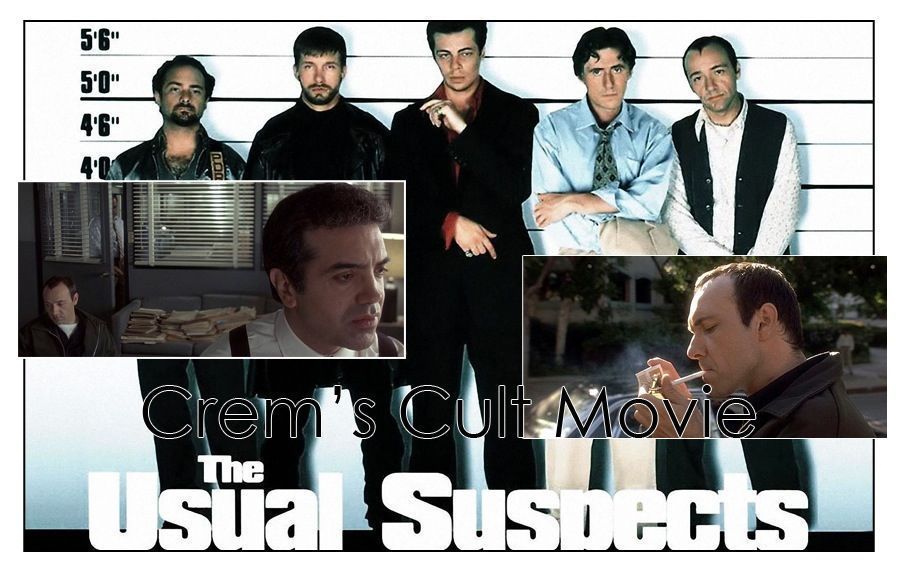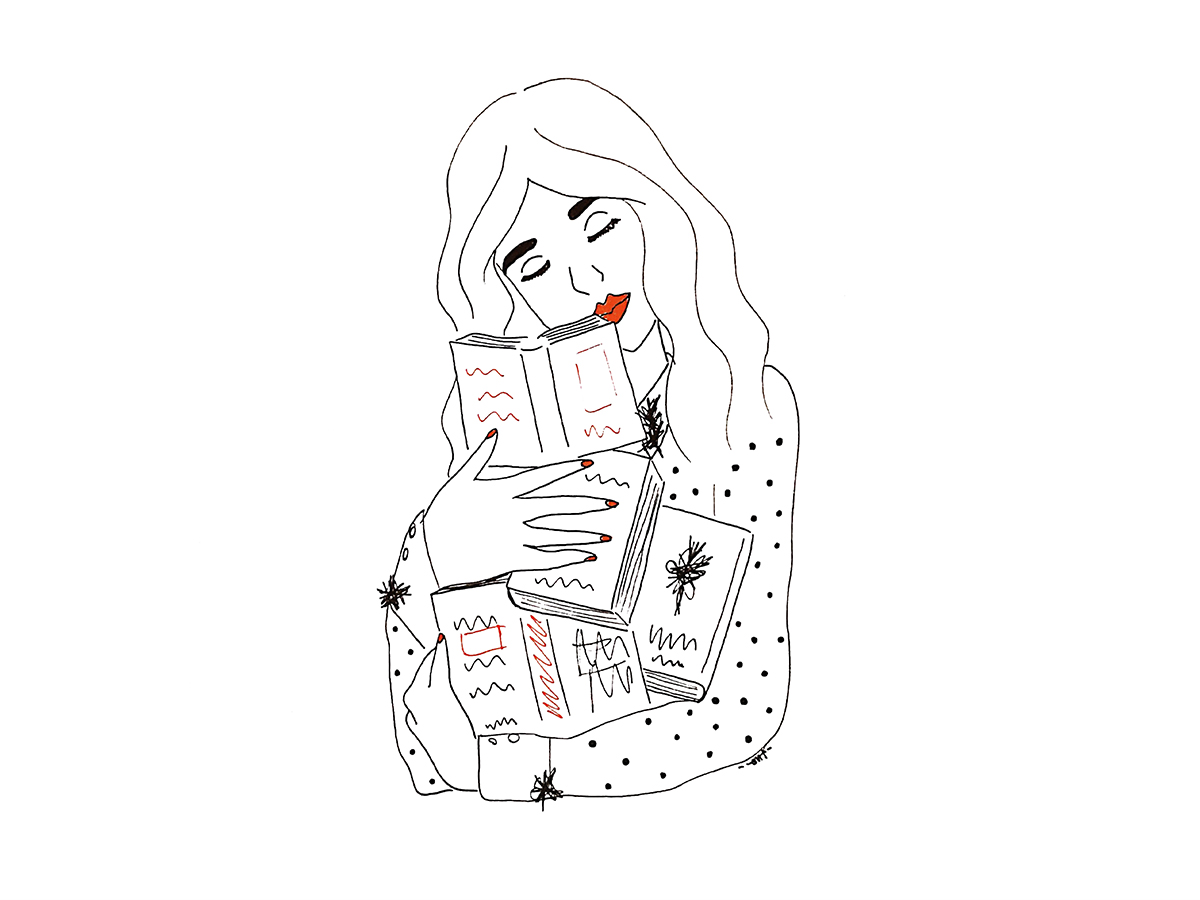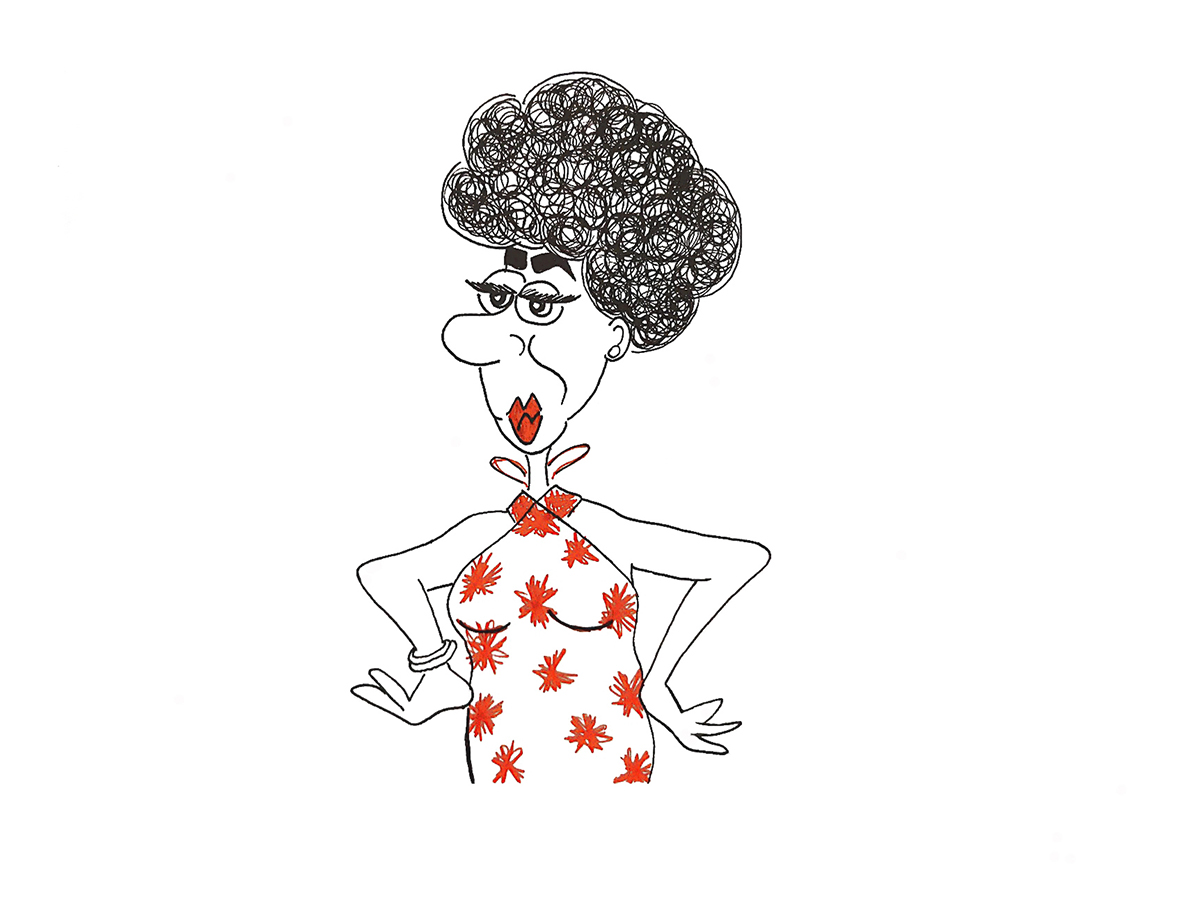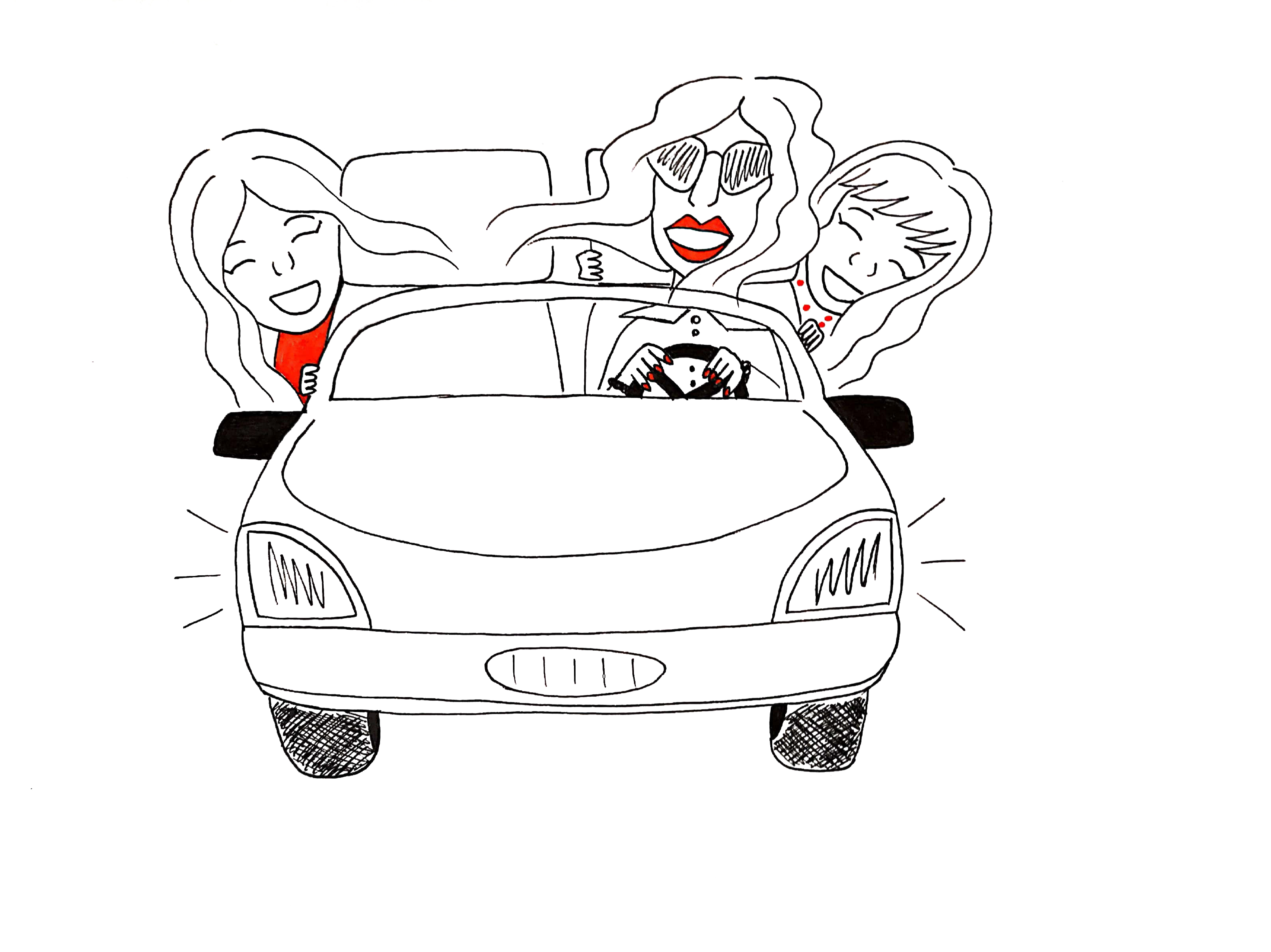Forse un po’ per Cluedo, un po’ per la signora Fletcher, un po’ per Agatha Christie e un po’ Sherlock Holmes, ma il fascino sagace degli investigatori mi ha sempre stuzzicato, avrei voluto essere uno di loro. Ho lasciato definitivamente perdere dopo aver realizzato che ci vuole troppo cervello, troppa freddezza e troppa lucidità per risolvere un caso senza farsi coinvolgere dalle proprie impressioni, perché quelle, per quanto vogliamo scansarle o ignorarle, ci sono sempre, e sono le stesse che inducono noi stessi a farci un’idea iniziale che vincolerà tutte quelle che verranno. Questa è la ragione per cui tanti casi restano irrisolti, perché il sesto senso fa a cazzotti con la ragione. Le cose vanno guardate da una certa distanza, sopratutto emotiva, e il sospetto nasce dall’intuizione che può essere giusta o sbagliata. E se vedessimo solo quello che vogliamo vedere, se stessimo a sentire solo quello che vogliamo ascoltare, se fiutassimo l’aria come segugi e sentissimo odore di bruciato, ma non riuscissimo a capire da che parte arriva? Seguiremmo una pista, certo, ma come capire se ci sta portando nella direzione gusta o in quella in cui vogliamo andare? Le apparenze sono i soliti sospetti, che ci inducono a scoprire solo quello che vogliamo scoprire. La mente è la causa maggiore d’inquinamento delle prove, che condiziona il modo di pensare, allontanando la verità assoluta fino a trasformarla in finzione, creandone una che noi stessi abbiamo distorto. Spesso, il vero colpevole non crea l’inganno, ma crea una nuova versione dei fatti per indurre chi indaga a basarsi su di essa ed ingannandosi da sé. Se l’imbroglio ha le sembianza di qualcosa di autentico, allora è come se non esistesse. Non ne sentirete mai più parlare e, come niente, lui… puff… sparisce.
Perhaps due to Cluedo, to Mrs.Fletcher in “Murder, she wrote”, to Agatha Christie and Sherlock Holmes, the appeal of detectives has always fascinated me, I would have become a detective too. I gave up when I realised that you need to be too intelligent, too cold and too rational to solve a case without taking on a personal level and be influenced by feelings as they are always there even if we don’t want to. Feelings and impressions guide us to an initial idea which will then affect the others that will come after. This is the reason why so many cases remain unsolved as the sixth sense does not always go hand-in-hand with the reason. Sometimes you need to distance yourself to see things clearly, mainly from an emotional point of view, and suspects come from intuition that can be right or wrong. And what if we only saw what we would want to, if we heard what we would listen, if we smelled the air like hounds, smelled a trace without realising where it comes from? We would follow a clue, yes, but how to understand if it’s guiding us to the right direction or where we want to go anyway? Appearances are the usual suspects and they lead us to find out only what we want to. Our mind is the main cause of tampering with evidence, it affects our way of thinking, leaving the truth behind and turning it into fiction, creating a distorted version of events. The real guilty often does not fool but simply creates a new version cheating the others and himself or herself too. If the trick seems something authentic, then it’s as if it doesn’t exist. After that… my guess is you’ll never hear from him again and like that..he’s gone.
[youtube width=”900″ height=”530″ video_id=”Rr55K_OFLGM”]







